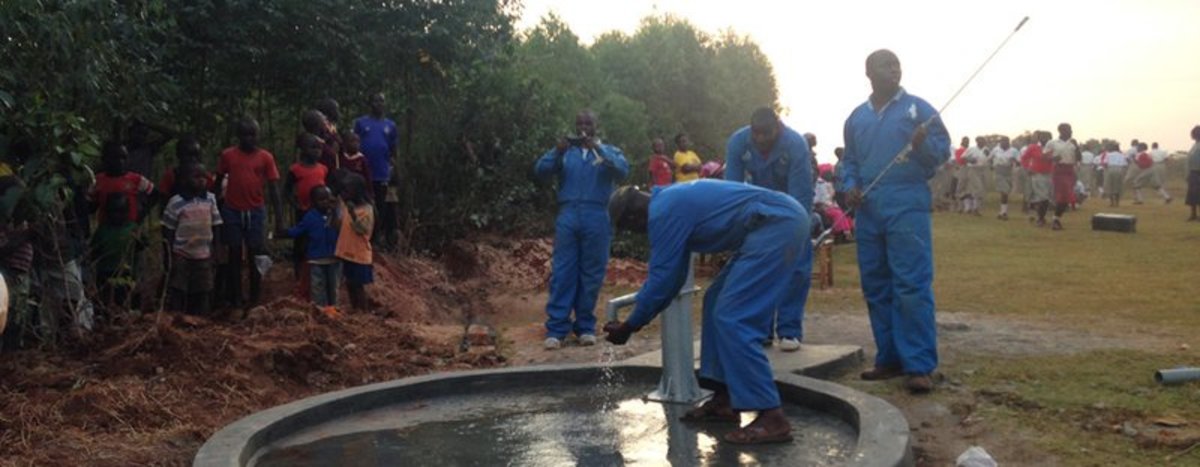
The Water Project, Inc., a nonprofit organization providing sustainable water projects to sub-Saharan African communities, has launched a new bold initiative, with the help of bitcoin.
The organization has introduced a new program named “The Water Promise,” which combines high-tech remote monitoring with local repair teams to ensure that water is reliable and self-sustainable in the long term.
Each bitcoin donation will be allocated to one of 42 new sensor-enabled water projects in Kenya managed by the organization.
The Water Project team is looking for donations as little as 0.196 BTC to provide clean and safe water for one individual all the way to 98.5748 BTC, to provide a well and self-sustainable sanitation system for a school.
In total, the organization will be leading four sub-projects:
- Providing a Water Well and Sanitation for a School: 98.5748 BTC
- Small Community Water Project: 9.2874 BTC
- Clean and Safe Water for a Family: 0.69 BTC
- Clean and Safe Water for one Individual: 0.196 BTC
Through partnerships with local communities and organizations, the Water Project team has been able to fund several types of water projects, including a drilled well, sand dam, rainwater catchment, hygiene and sanitation and spring protection, providing essential necessities for families in countries like Ghana.
Despite their hard work, the organization had to rely on traditional financial platforms like Paypal and bank wiring as the main method of payment over the past few years, to accept donations for their projects.
However, these methods of payment could be extremely inefficient at times, especially for organizations such as Water Project that are in urgent need of cash and capital to maintain a variety of programs.
The Water Project team has come to a consensus to use bitcoin as one of the main methods of payment and donation to help fund its projects in the long run.
Since early 2015, nonprofit organizations have turned to bitcoin for donations and financing due to the lack of remittance networks, outlets and banking partners across the continent.
This month, the Syrian refugee crisis has caused more than 4 million refugees to either cross borders and enter neighboring countries or to permanently relocate to the opposite side of the country to avoid a series of civil wars.
According to a report published by the Office for the Coordination of Humanitarian Affairs (OCHA), millions of refugees have escaped to Lebanon, Iraq, Turkey, Jordan and Europe, creating a serious international issue which local governments failed to take over.
In response, nonprofit organizations decided to use bitcoin to accept donations, in an attempt to create a Humanitarian Aid program to provide emergency services to refugees who are in desperate need of housing, clothing and food.
“Bitnation Refugee Emergency Response (BRER) is a Humanitarian Aid Project of Bitnation to facilitate and provide Emergency Services and Humanitarian Aid to refugees during the European Refugee Crisis of September 2015,” explained the Bitnation team.
Bitcoin has proved to be the most efficient and secure medium of payment for donations and financing, due to its transparency and decentralized nature. Using blockchain analysis tools and technologies, investors can easily trail the allocation of funds and confirm whether the donations are actually used to help the people in need.
Photo Connie Gallippi / BitGive









